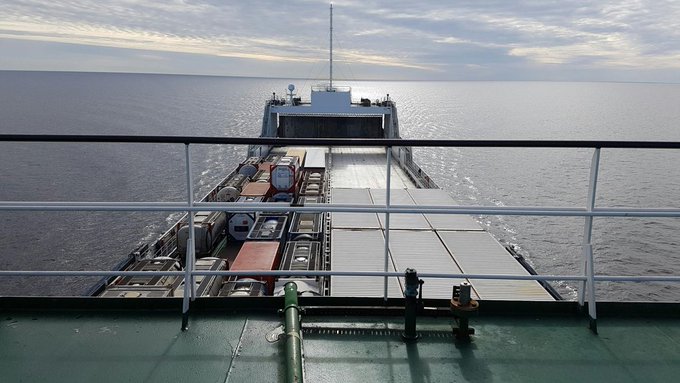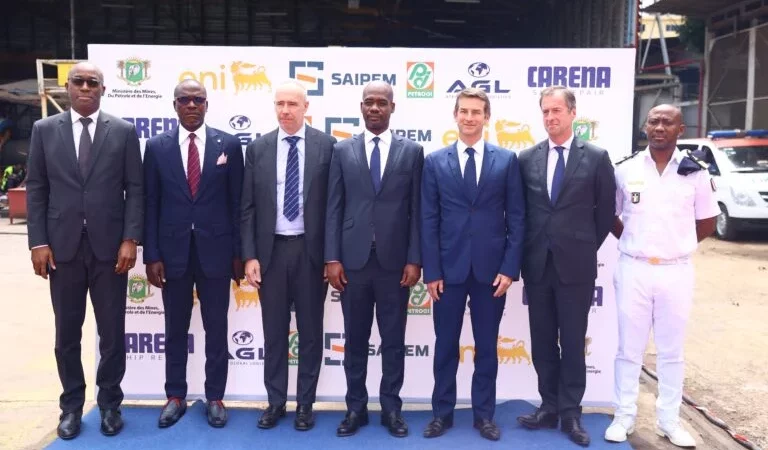Read for you : Why a greener maritime future is crucial for sustainable development
Autor : Gyorgyi Gurban, Head of projects in the Department of Partnerships and Projects at the International Maritime Organisation (IMO)
Ahead of her panel discussion at this year’s World Ocean Summit, Gyorgyi Gurban, head of projects implementation, International Maritime Organisation on how greener shipping could be a game-changing opportunity to deliver on multiple sustainability targets
Shipping is undergoing a green transformation. For more than a century, the sector has mainly relied on fossil fuels to power the huge engines that drive ships loaded with iron ore, fuel, grains and consumer goods across the ocean. Compared with other forms of transport, it remains the most sustainable way of carrying large quantities of goods across vast distances, supporting more than 80% of world trade. But as shipping heads towards a fully decarbonised future, sweeping changes are expected that will greatly boost the sector’s impact on global climate and ocean action.
The International Maritime Organisation’s (IMO) landmark 2023 Strategy on the Reduction of Greenhouse-Gas (GHG) Emissions from Ships has set the course towards net-zero shipping by around 2050. Adopted last July, this ambitious strategy requires the uptake of alternative zero and near-zero GHG fuels and technologies in the maritime sector by 2030. It also aims to slash annual GHG emissions by at least 20% by 2030 (striving for 30%) and 70% by 2040 (striving for 80%), compared with 2008 levels.
Countries are already weighing up practical ways to achieve these targets. Proposals on the table include the establishment of a global standard for marine fuel and a pricing mechanism for GHG emissions from ships. The aim is to promote the energy transition and give the world fleet an incentive, while contributing to a level playing field and a just and equitable transition. Once assessed and agreed, these mid-term measures are set to be adopted as early as next year.
At the same time, there are ongoing global efforts to protect the ocean and its vital ecosystems from ship-generated pollution, marine plastic litter and underwater noise. Targeted programmes and long-term technical co-operation projects are being rolled out by the IMO to support developing countries in implementing international guidelines and policies that protect the marine environment, building on pilot projects exploring new technologies and methodologies.




